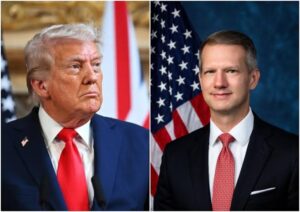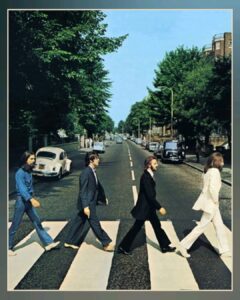
Justin Bieber’s Influence in Africa and Its Impact on the Music Industry

In recent years, Justin Bieber has solidified his position as one of the most prominent figures in global pop culture, with an influence that stretches far beyond North America and Europe. One region where Bieber’s impact has been particularly noticeable is Africa, a continent with a rapidly growing music industry and an ever-expanding fanbase for international artists. By collaborating with African artists, engaging with the continent’s music scene, and embracing diverse cultural elements, Bieber has contributed to the globalisation of African music, creating new avenues for cross-cultural exchange and elevating African music on the world stage.
The Rise of African Music in the Global Scene
Africa has long had a rich and diverse musical heritage, with genres such as Afrobeat, hip hop, dancehall, highlife, and various traditional rhythms deeply embedded in the cultural fabric of its people. In recent years, African music has started gaining wider recognition globally, thanks to the rise of streaming platforms, social media, and international collaborations. Artists like Burna Boy, Wizkid, Davido, Tiwa Savage, and others have broken into global charts, creating a ripple effect that has encouraged even more artists from the continent to experiment with global sounds, while still preserving their African roots.
Justin Bieber’s engagement with the African music scene is seen as part of this larger trend of cross-cultural collaboration, where artists from the West and Africa come together to create fresh and dynamic musical projects. By tapping into the African market, Bieber not only promotes the fusion of genres but also helps solidify Africa’s position in the global music industry.
Justin Bieber’s Collaborations with African Artists
One of the most notable examples of Justin Bieber’s direct engagement with African music came in 2021 when he collaborated with Nigerian singer and Afrobeat sensation, Burna Boy, on the remix of “Loved By You,” a track from his album *Justice*. Burna Boy, who has won multiple Grammy Awards and has become a leading ambassador of Afrobeat music, brought a unique African flair to the remix, which was well-received globally. This collaboration was a clear signal that African artists are now integral to the sound of modern pop and R&B music, and it helped expose African music to a broader audience, particularly in Western markets.
Additionally, Bieber’s participation in projects like the “Africa Rising” movement, which aims to highlight and promote African talent, underscores his growing commitment to supporting the continent’s music industry. His collaboration with other African artists, including South Africa’s Nasty C, has further showcased the variety and richness of African sounds, from Afrobeat to Kwaito, an iconic South African genre. These collaborations have brought African rhythms into the mainstream of Western pop music, while also promoting the idea of shared creativity across borders.
The Role of Streaming and Social Media in Promoting African Music
The rise of digital platforms such as Spotify, Apple Music, and YouTube has played a crucial role in the global visibility of African artists. Bieber, with his massive global fanbase, has benefitted from this shift, as collaborations with African artists are now easily accessible to millions of people worldwide. The success of “Essence” by Wizkid featuring Justin Bieber and Tems, for example, highlights how African music can seamlessly blend with global pop elements, thanks to platforms that make music instantly available to listeners around the globe. “Essence” became a massive hit in 2021, charting high on global charts and further cementing the influence of African sounds in mainstream music.
Social media also plays a pivotal role in this musical exchange. Platforms like TikTok and Instagram have allowed for viral moments, such as dance challenges to African songs, which in turn create increased demand for collaborations. Justin Bieber has used his presence on these platforms to engage with African music, connecting with artists and fans alike, and helping to promote their music to a wider audience.
Impact on the African Music Industry
Bieber’s active involvement in African music helps raise the profile of African artists in the international market. This influx of attention, paired with collaboration opportunities, has a profound impact on the African music industry itself. The collaboration with global superstars increases financial opportunities, access to world-class production, and participation in international tours and festivals, all of which contribute to the professional growth of African musicians.
Moreover, the success of such cross-cultural collaborations paves the way for African artists to enter new markets. For example, African stars like Burna Boy, Wizkid, and Davido have gained more recognition in the United States, the UK, and other major music markets. This not only benefits the artists themselves but also strengthens the global perception of African music as an important and influential genre.
Conclusion
Justin Bieber’s collaborations with African artists reflect a growing trend in the global music industry toward cross-cultural partnerships. By aligning himself with the rising stars of Africa and embracing their unique musical traditions, Bieber has played a role in bringing African music to the forefront of international pop culture. Through these partnerships, Bieber not only promotes African talent but also highlights the power of music as a universal language capable of transcending geographical, cultural, and racial boundaries. In turn, African music continues to grow in influence, further reshaping the global music landscape and opening up new opportunities for artists from the continent.





